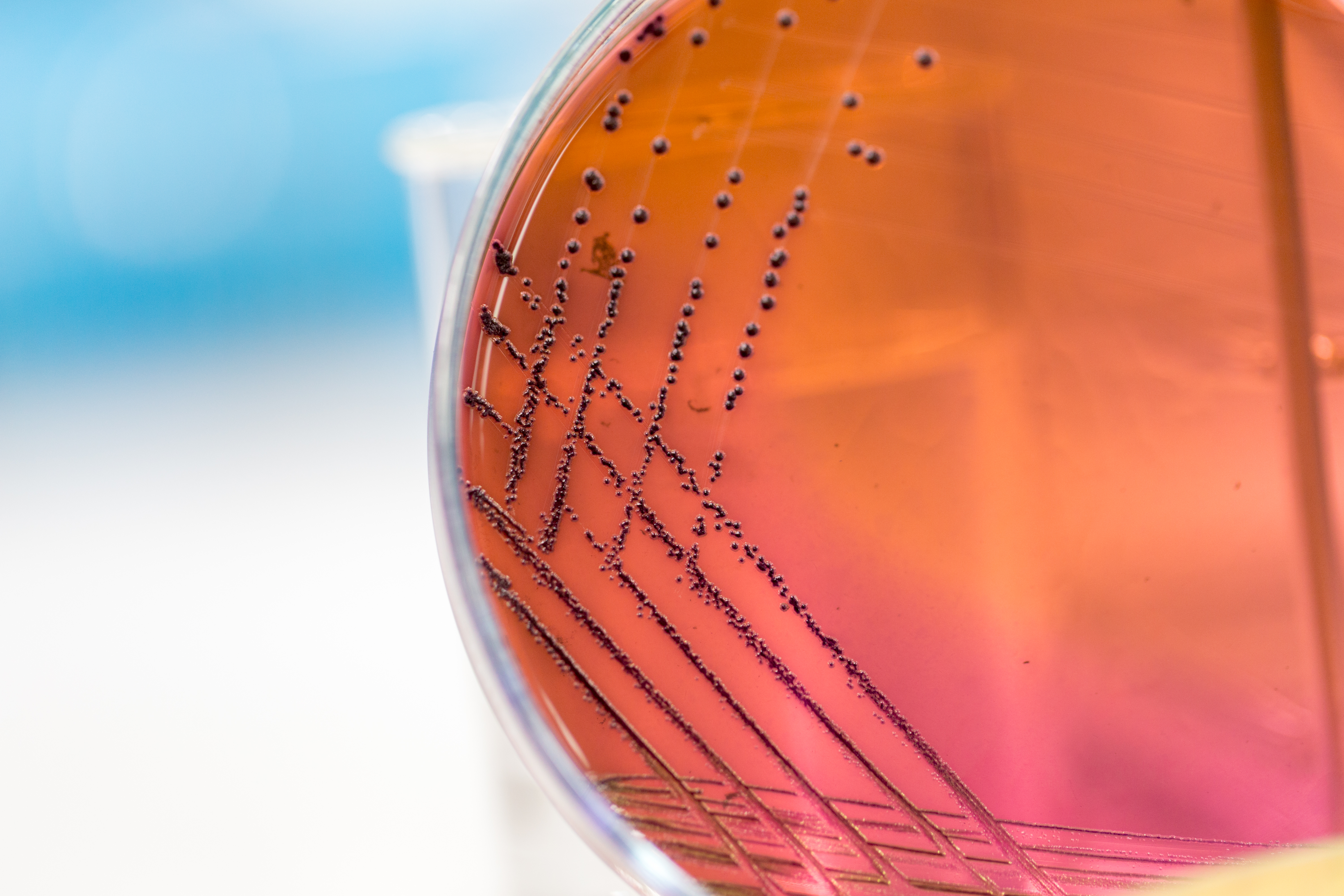
An abundance of the gut bacteria Eggerthella lenta may be associated with rheumatoid arthritis, according to a preclinical study published by Balakrishnan et al in Science Advances. Currently, the etiology of rheumatoid arthritis is unknown; however, preclinical antibodies and a genetic predisposition before symptom onset may play a role in the development of the disease. Researchers used a humanized mouse model of collagen-induced arthritis to determine whether an abundance of E lenta bacteria was correlated with the severity of rheumatoid arthritis. They discovered that proliferation of E lenta bacteria led to reduced levels of amino acids such as arginine, citrulline, and tryptophan metabolites; triggered an autoimmune response before the onset of clinical symptoms of the disease; and increased CXCL5 and CD4 T cells as well as interleukin-17– and interferon-gamma–producing B cells. Further, an augmented antibody response was higher in female mice compared with male mice—corresponding with the higher average load of E lenta bacteria found in female patients with rheumatoid arthritis. In a companion press release on the findings from the Mayo Clinic, the study authors concluded: “The gut microbiome may hold the key to understanding healthy aging, how to avoid chronic diseases, and may lead to earlier diagnosis and treatment.”